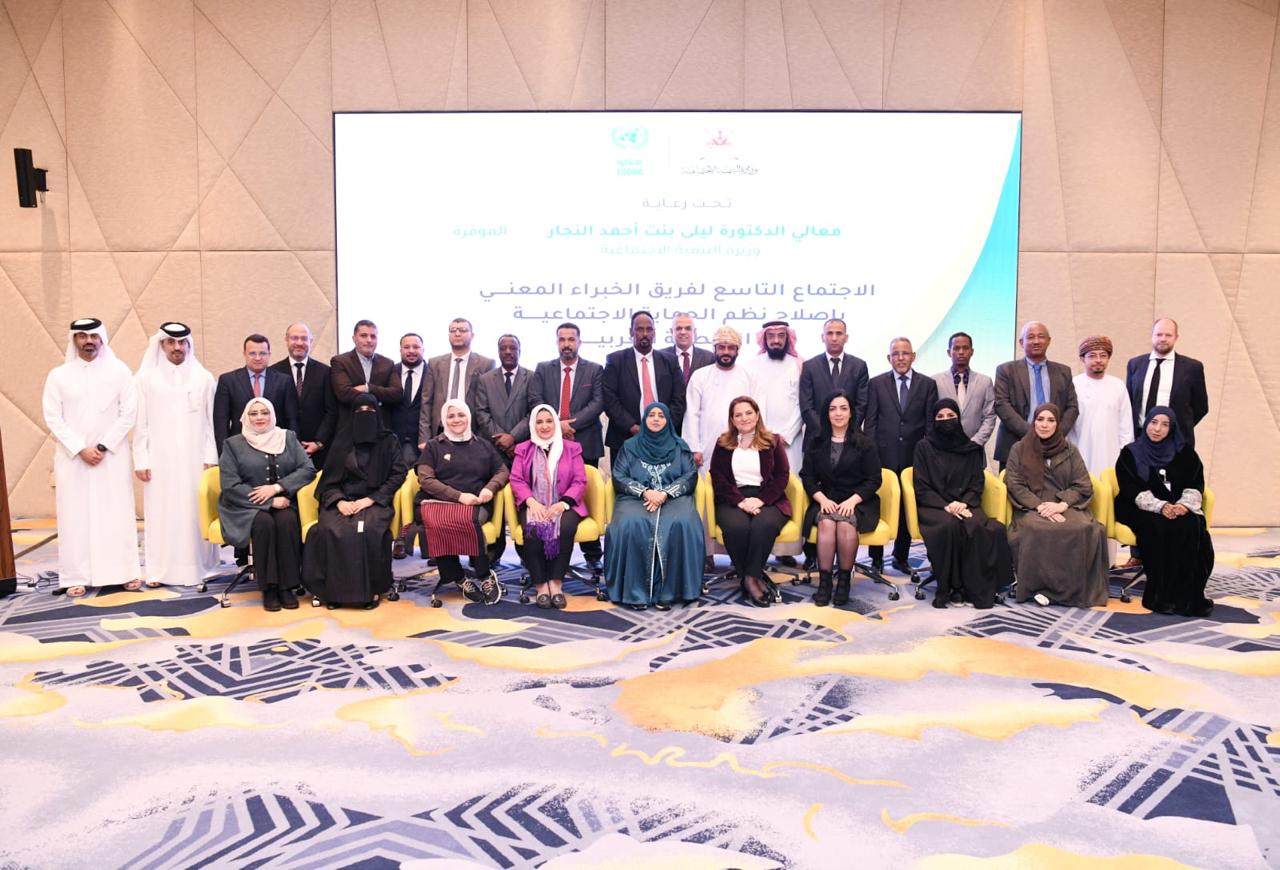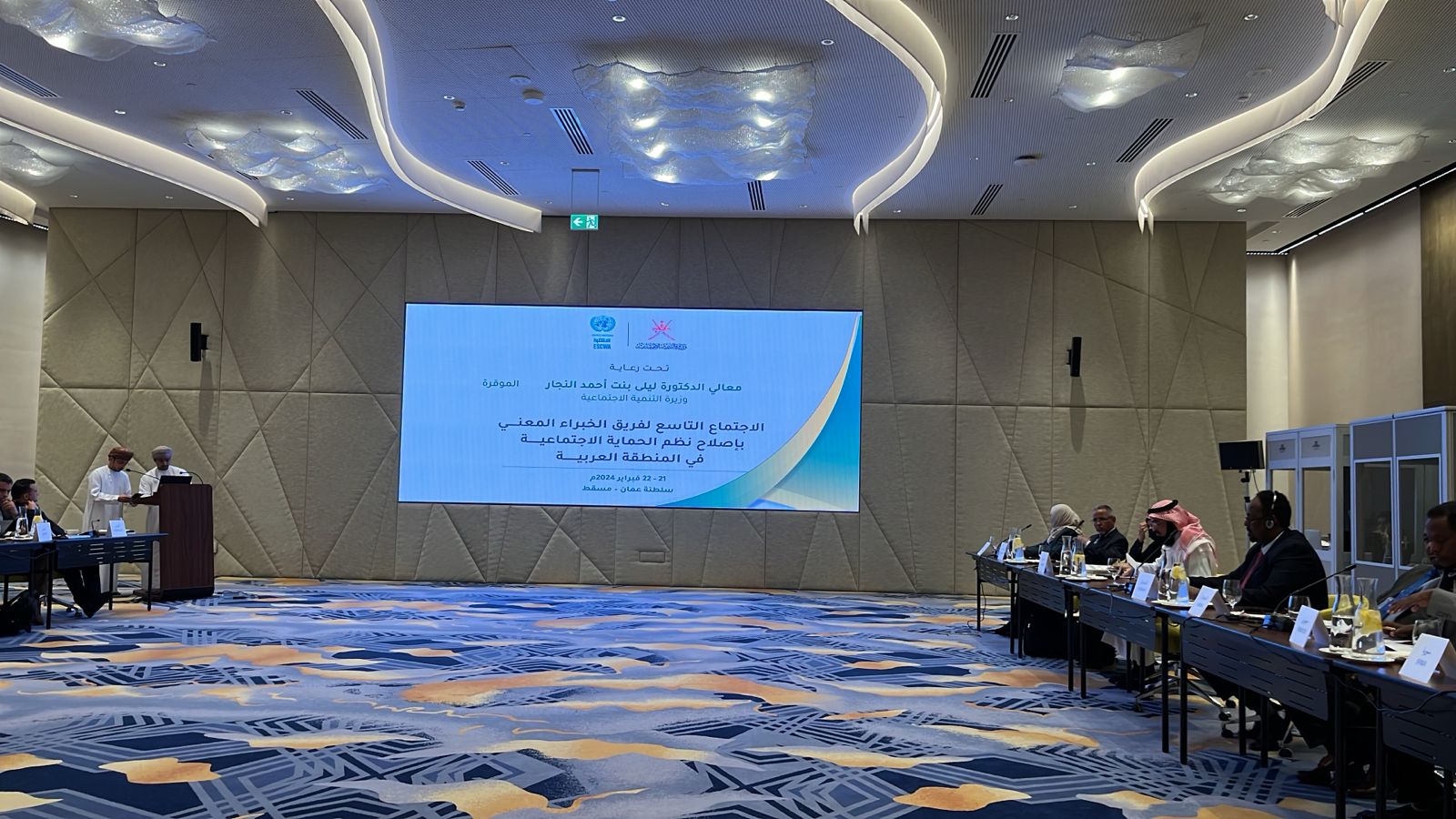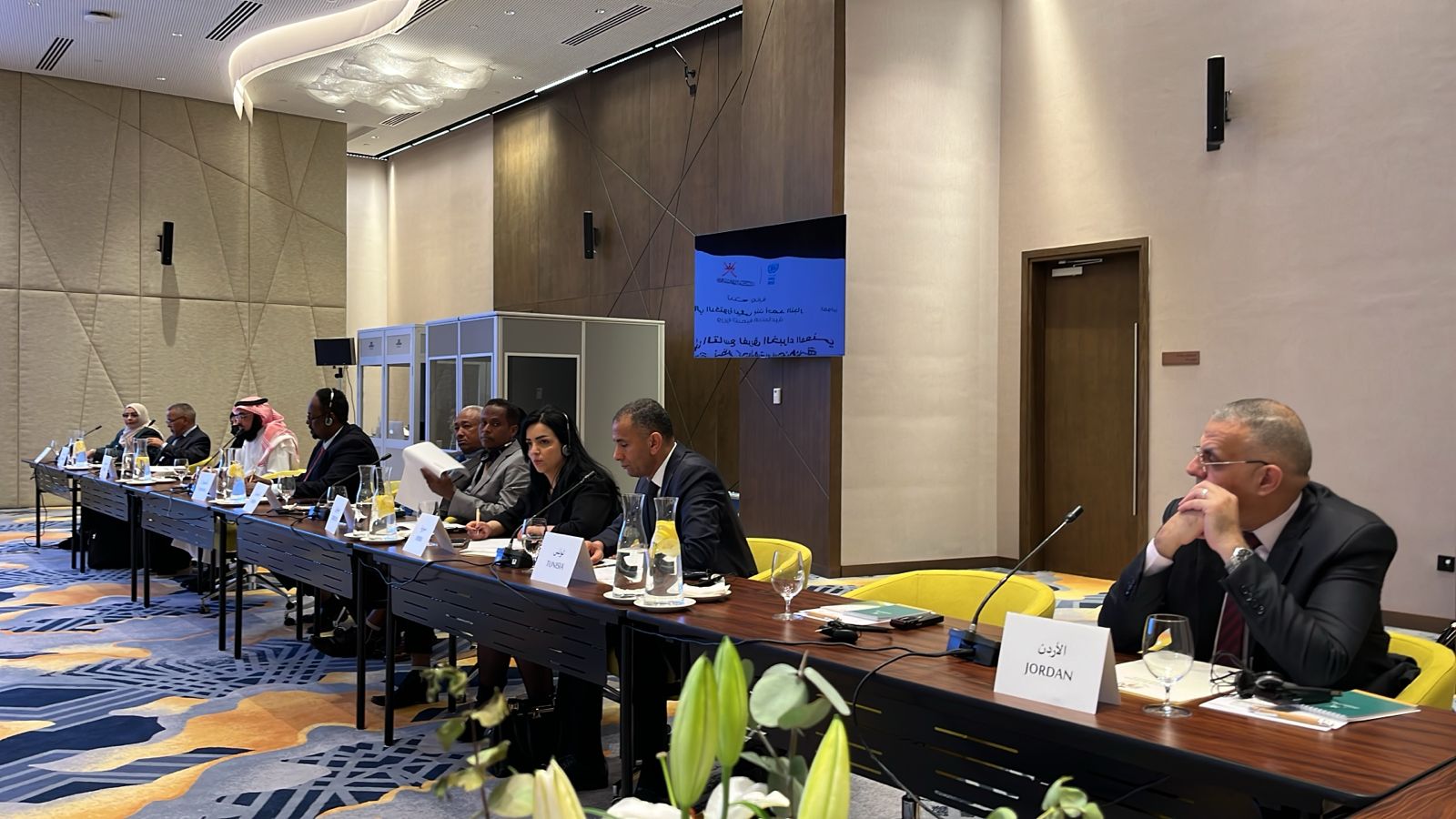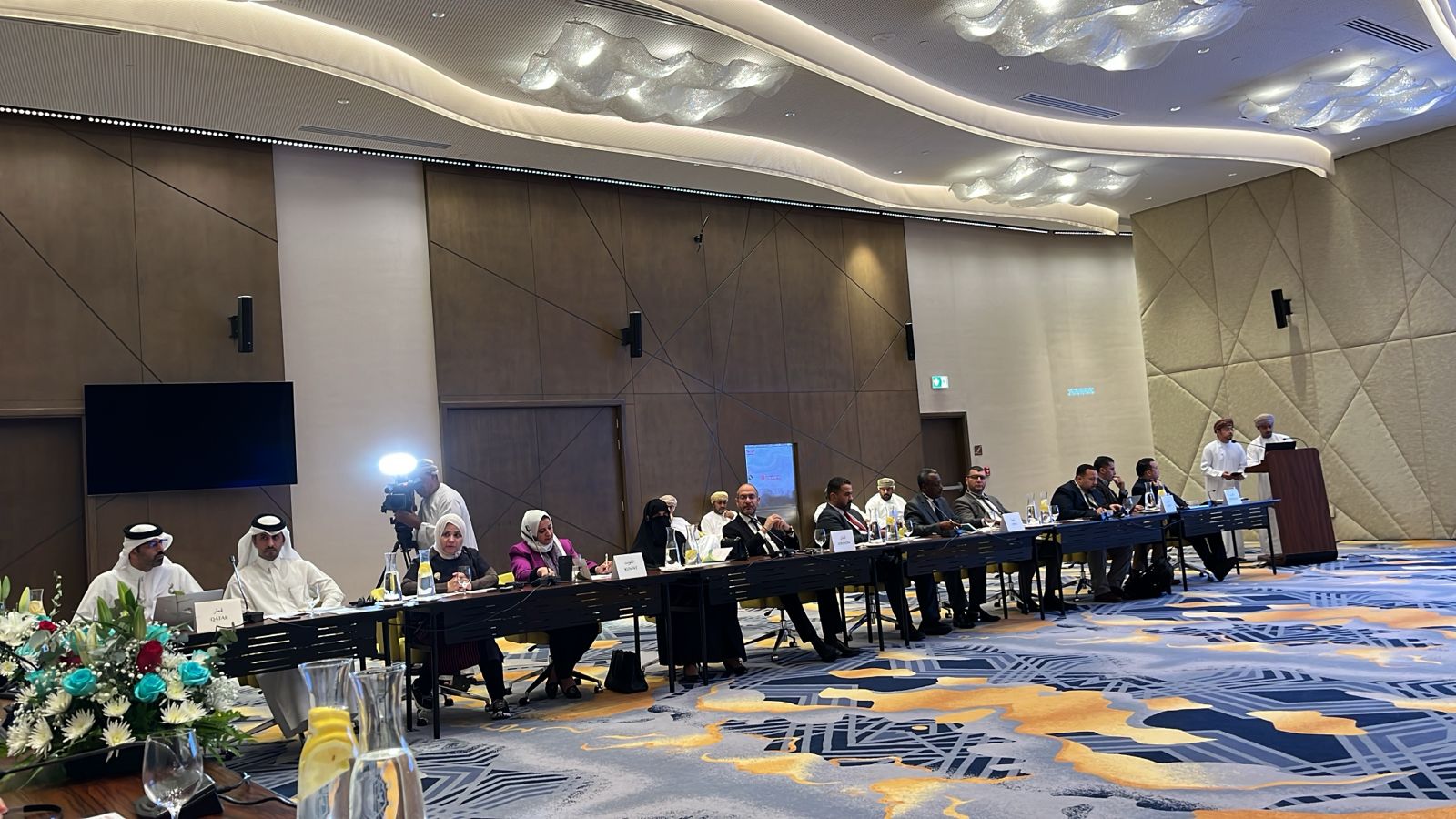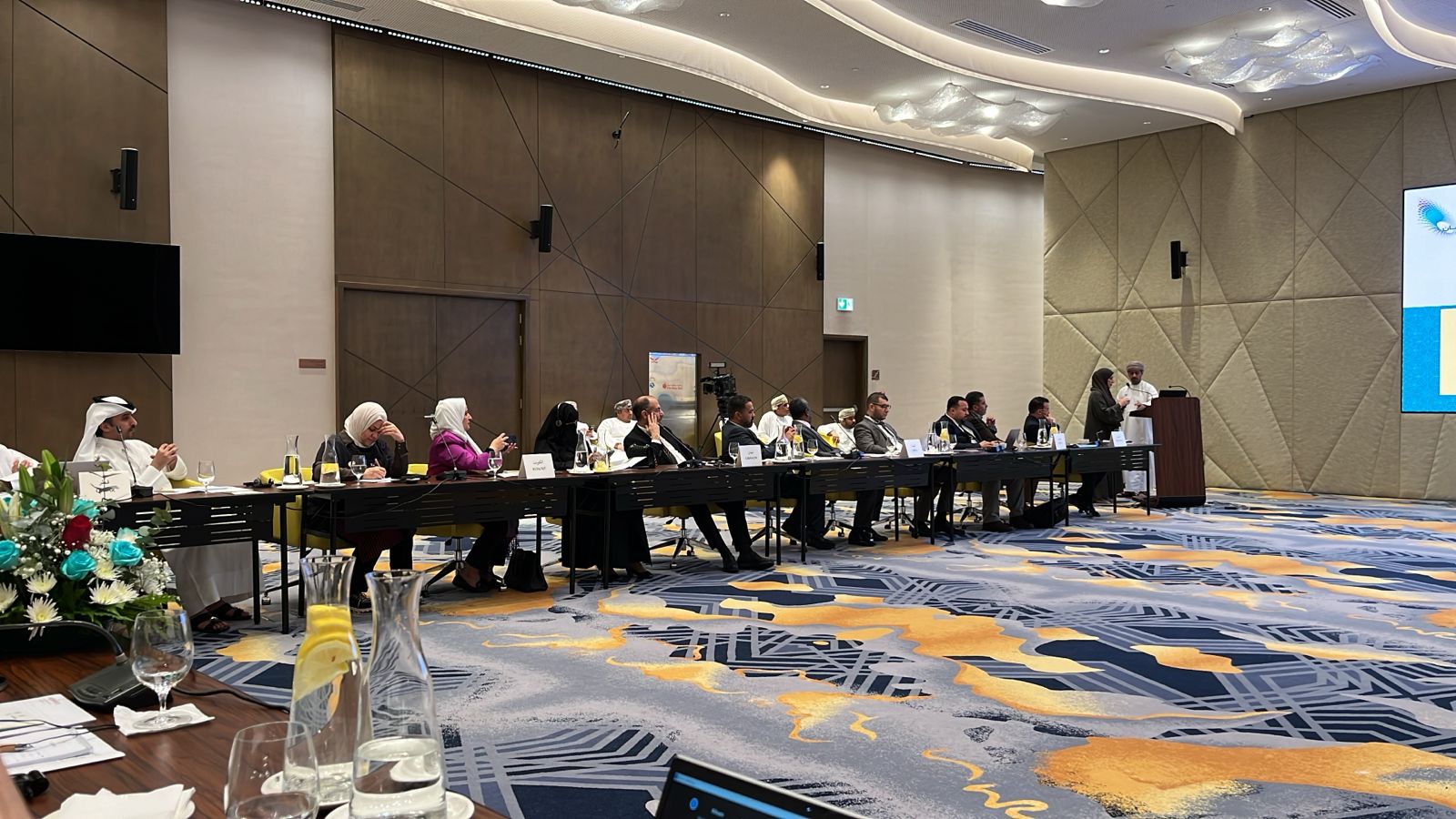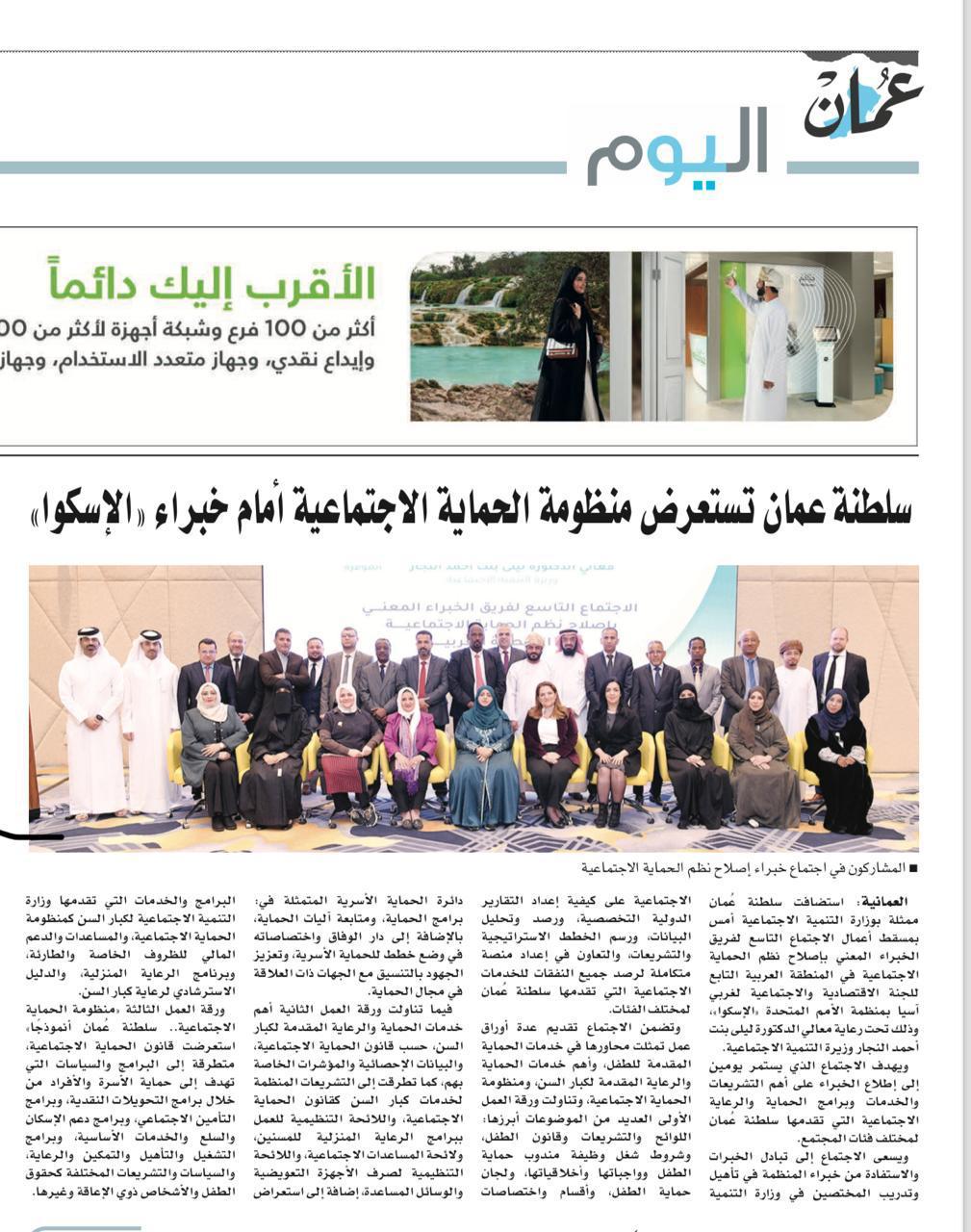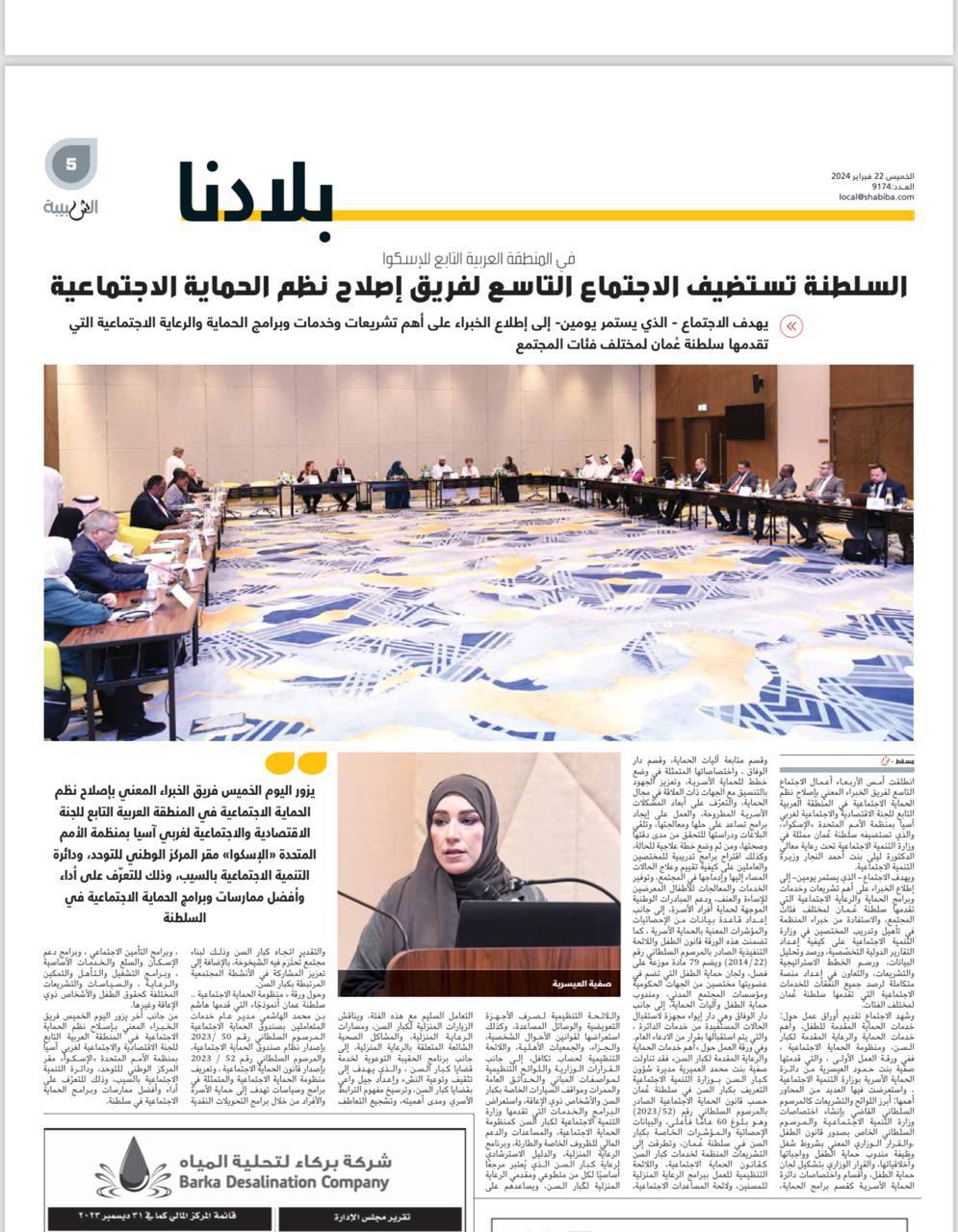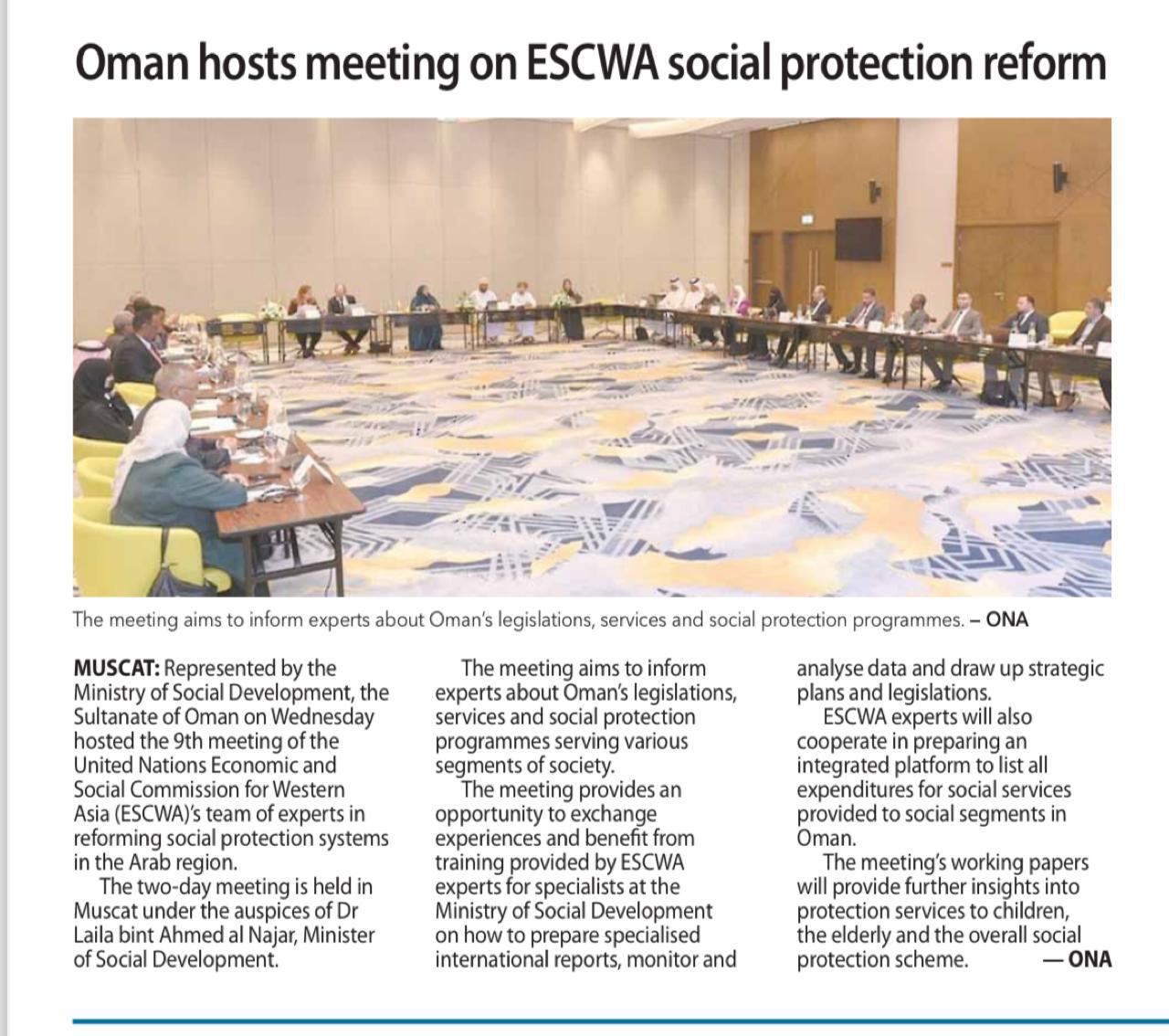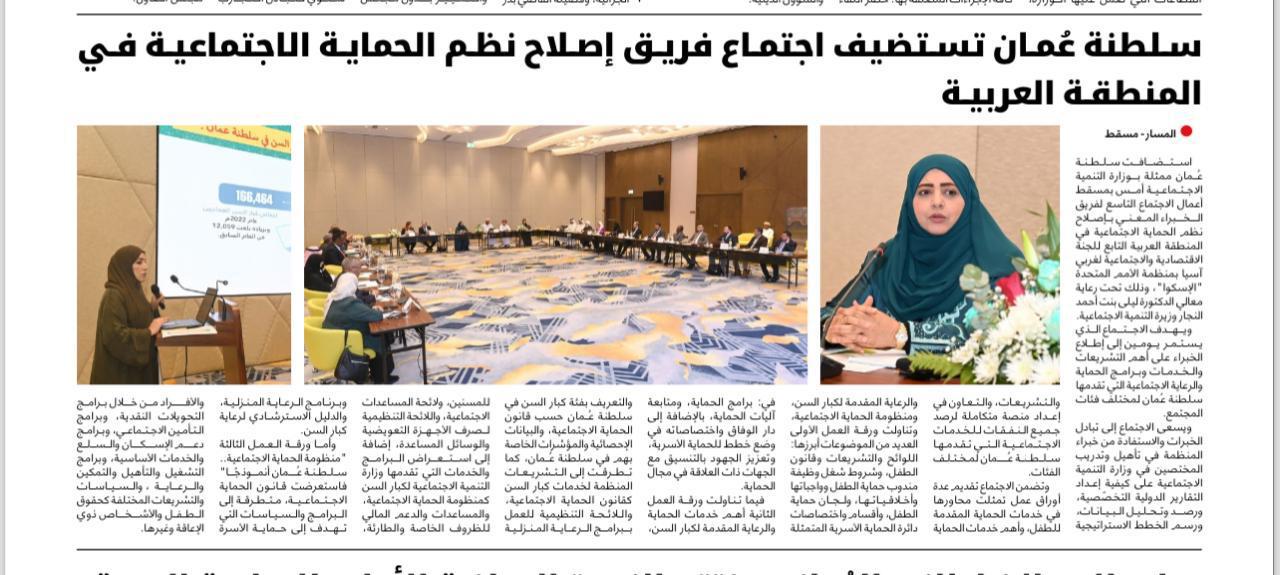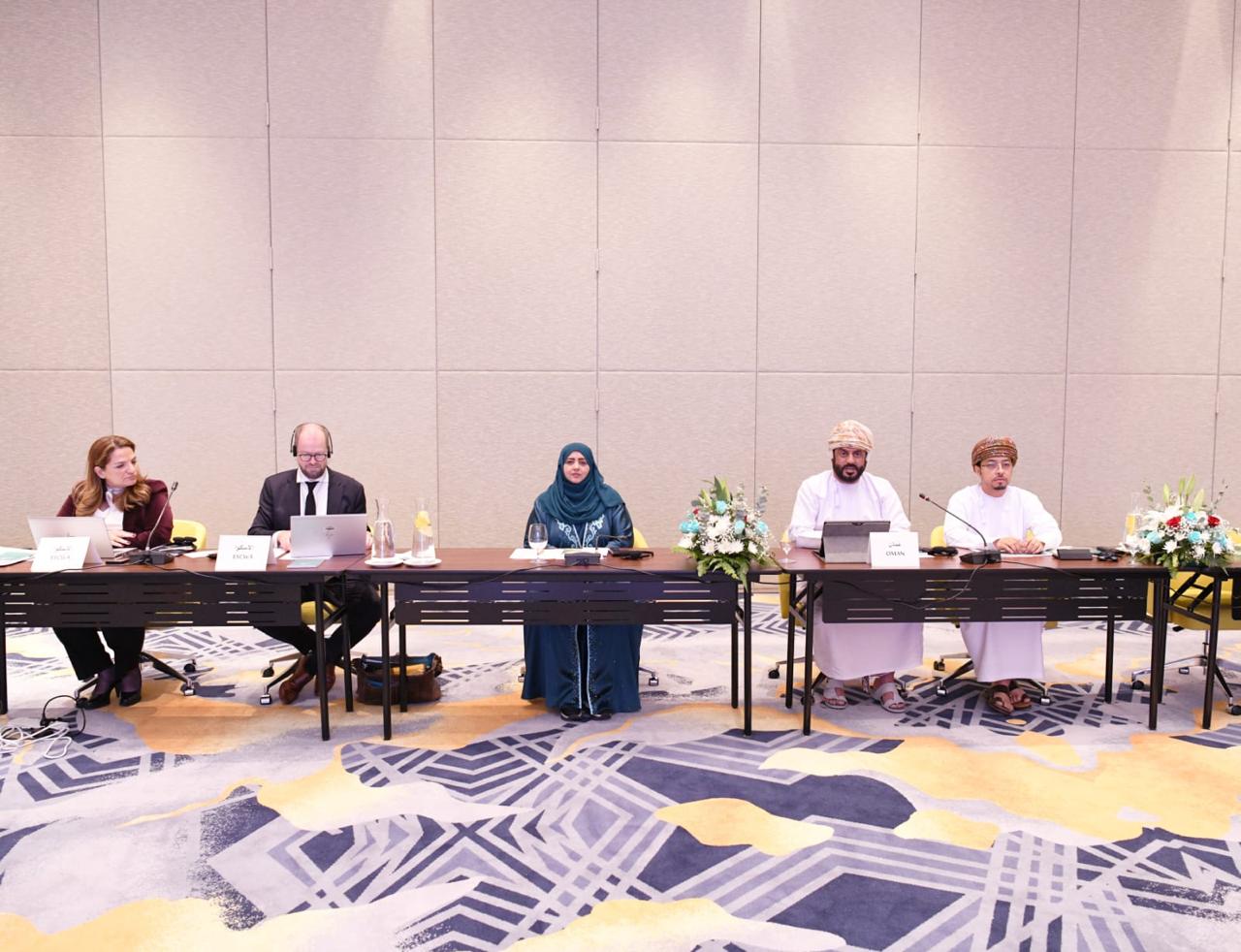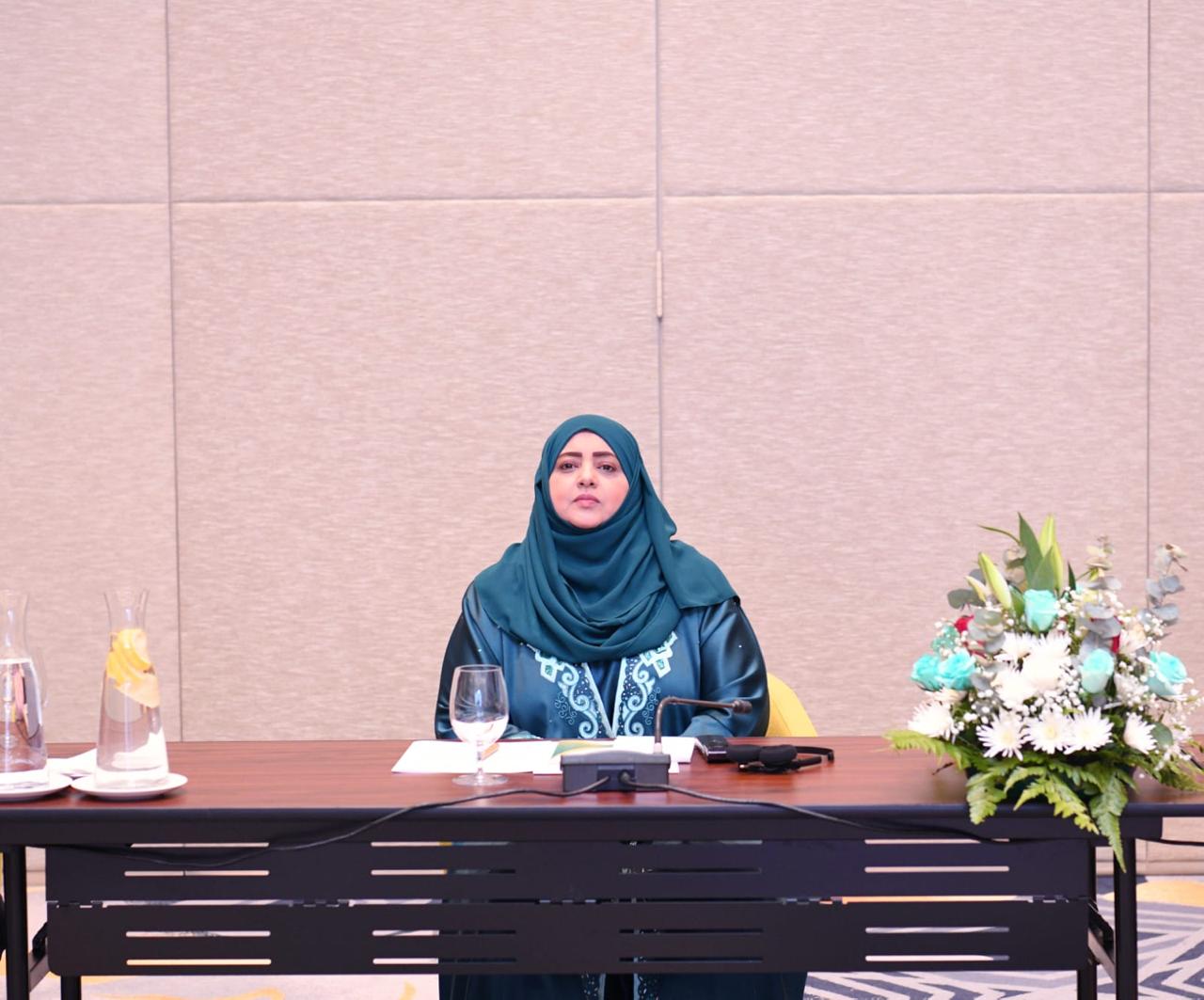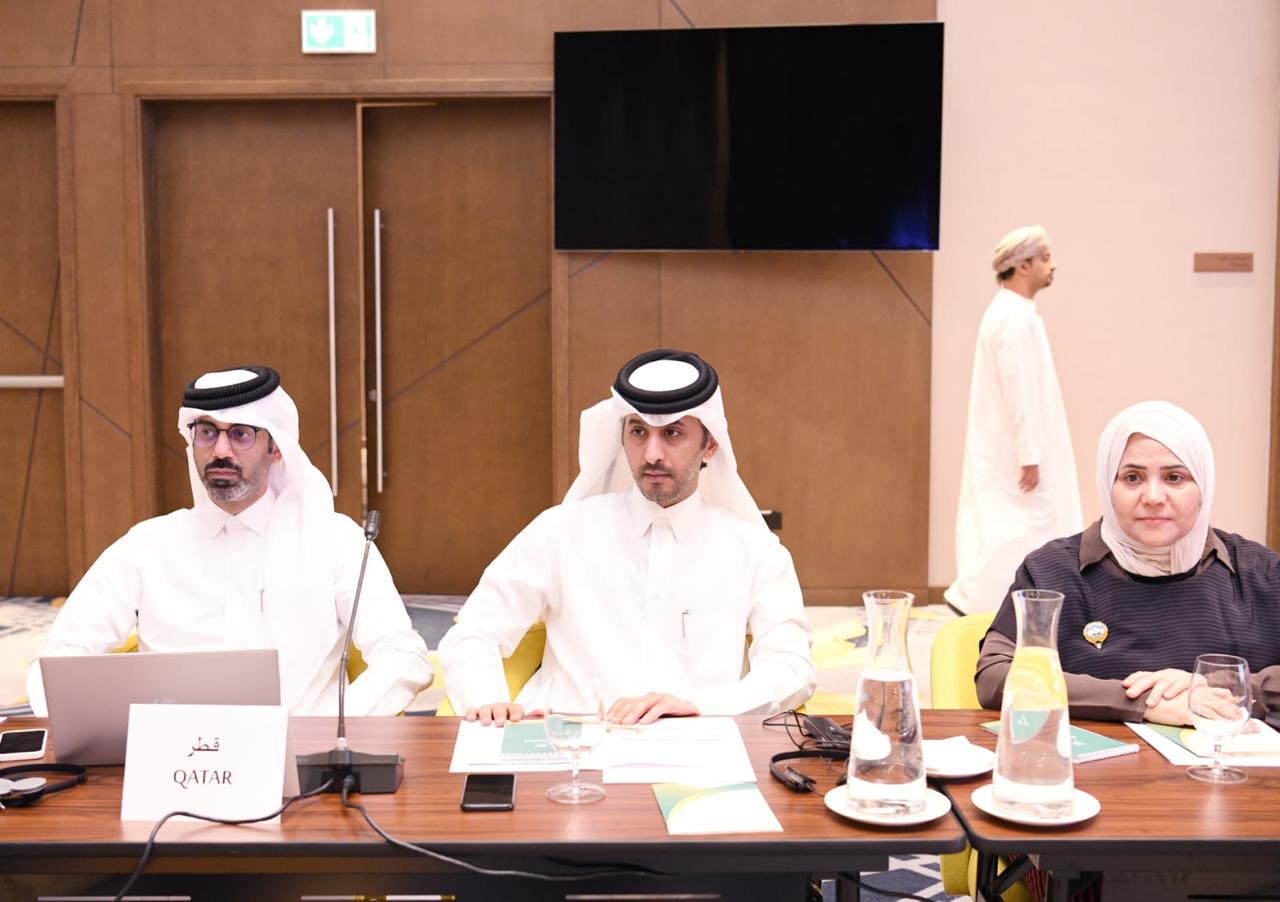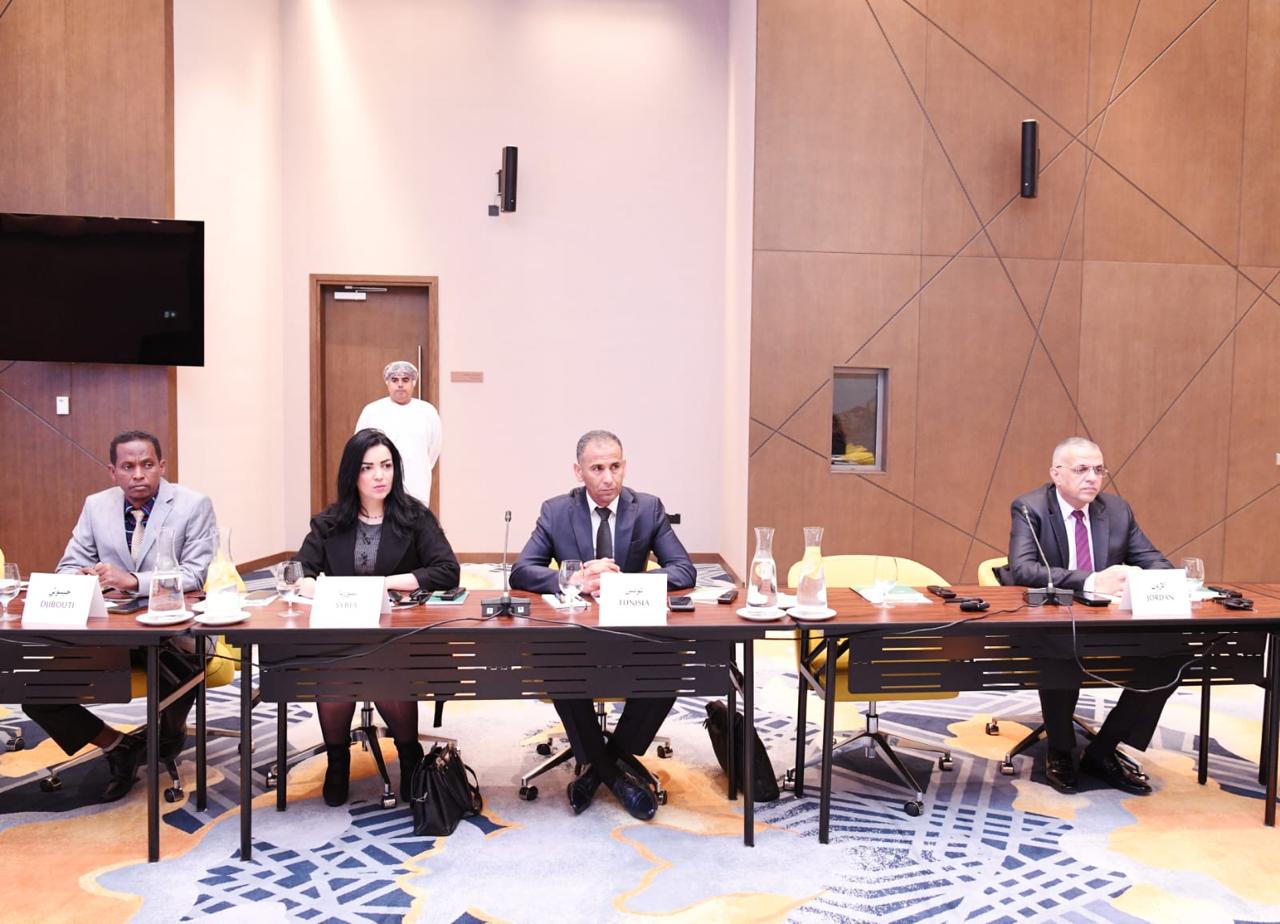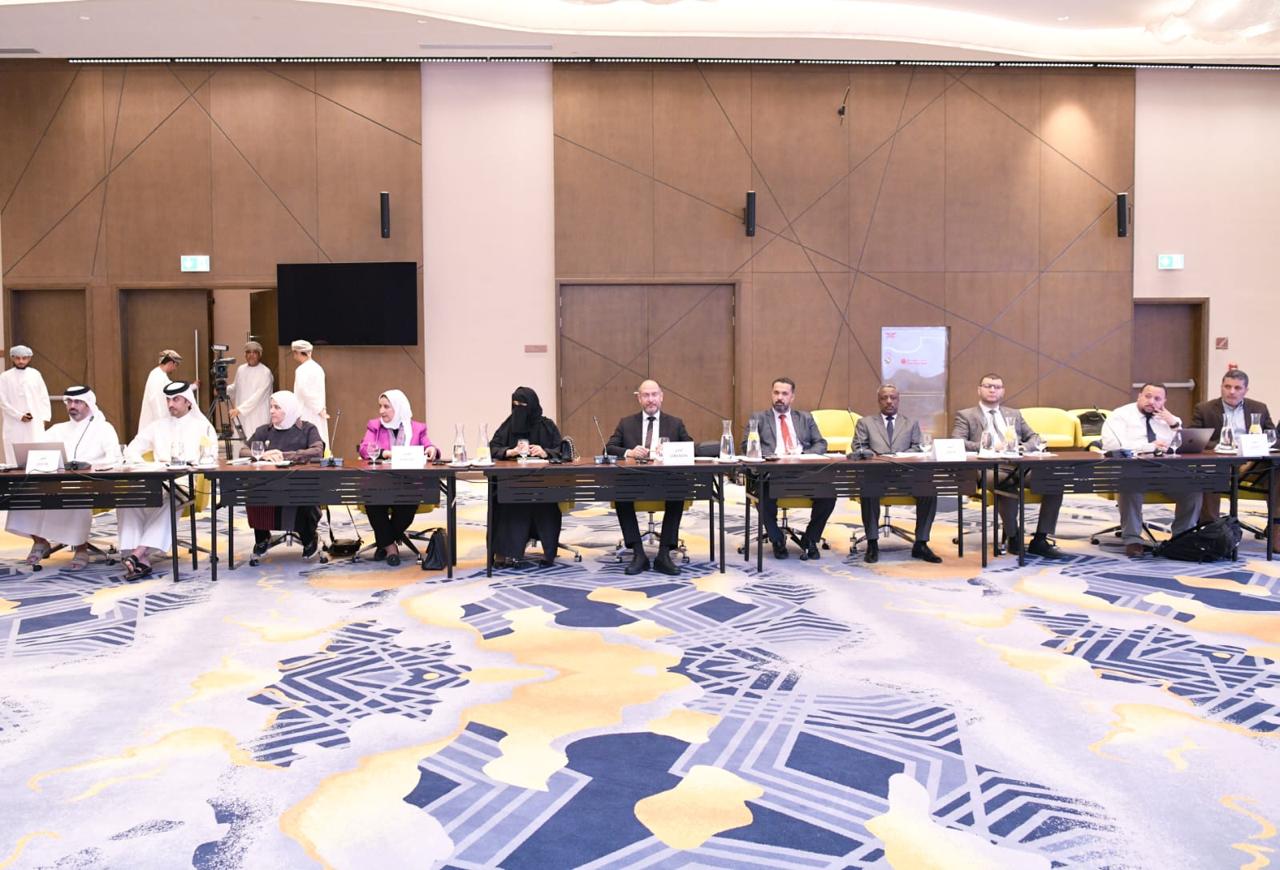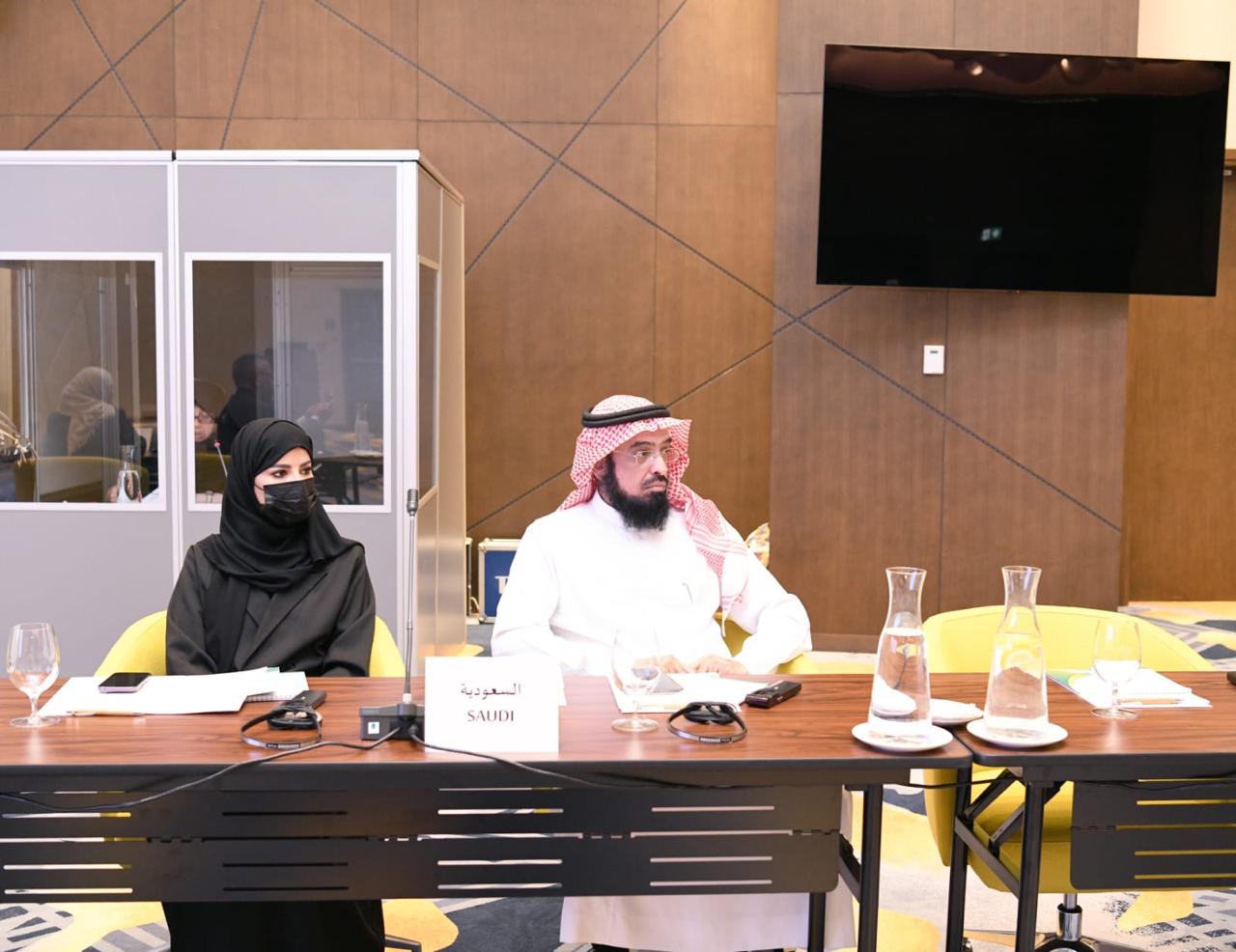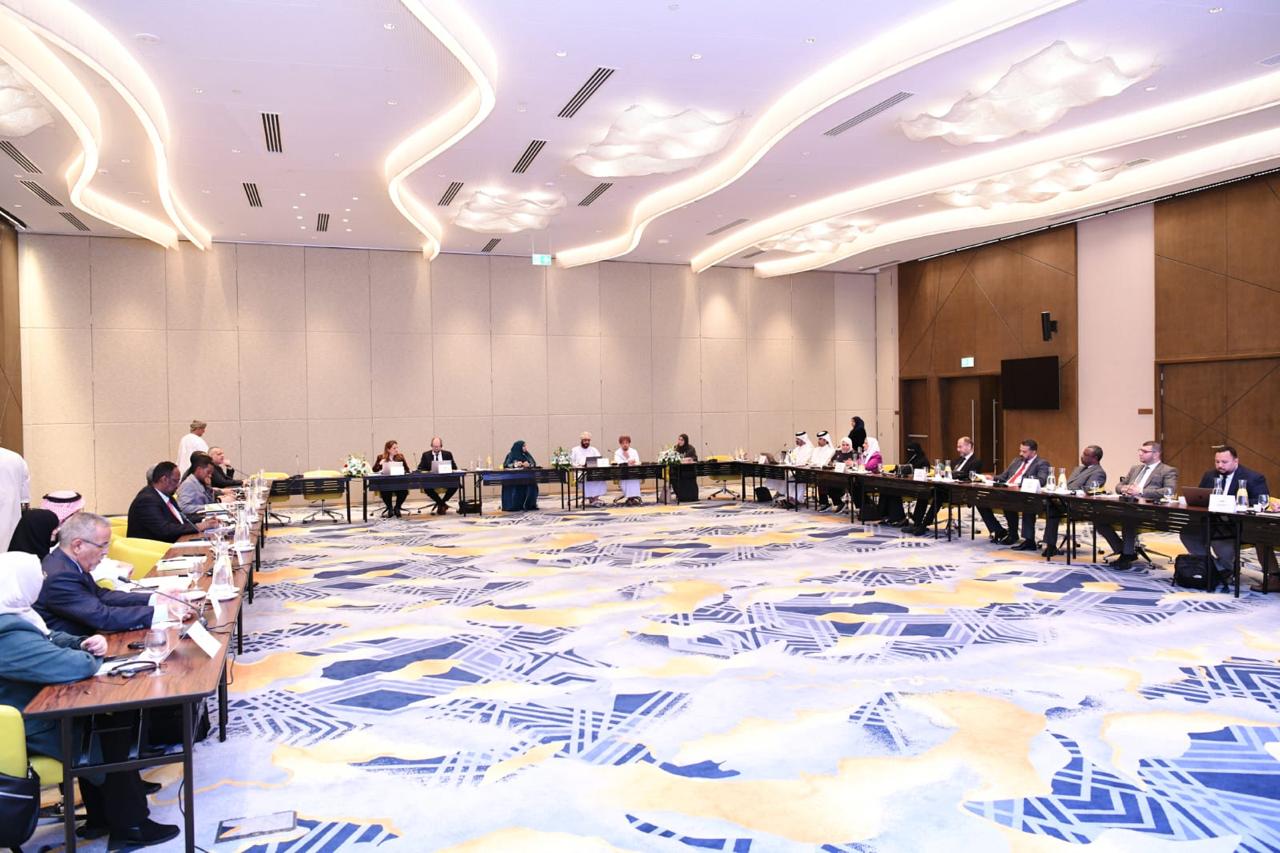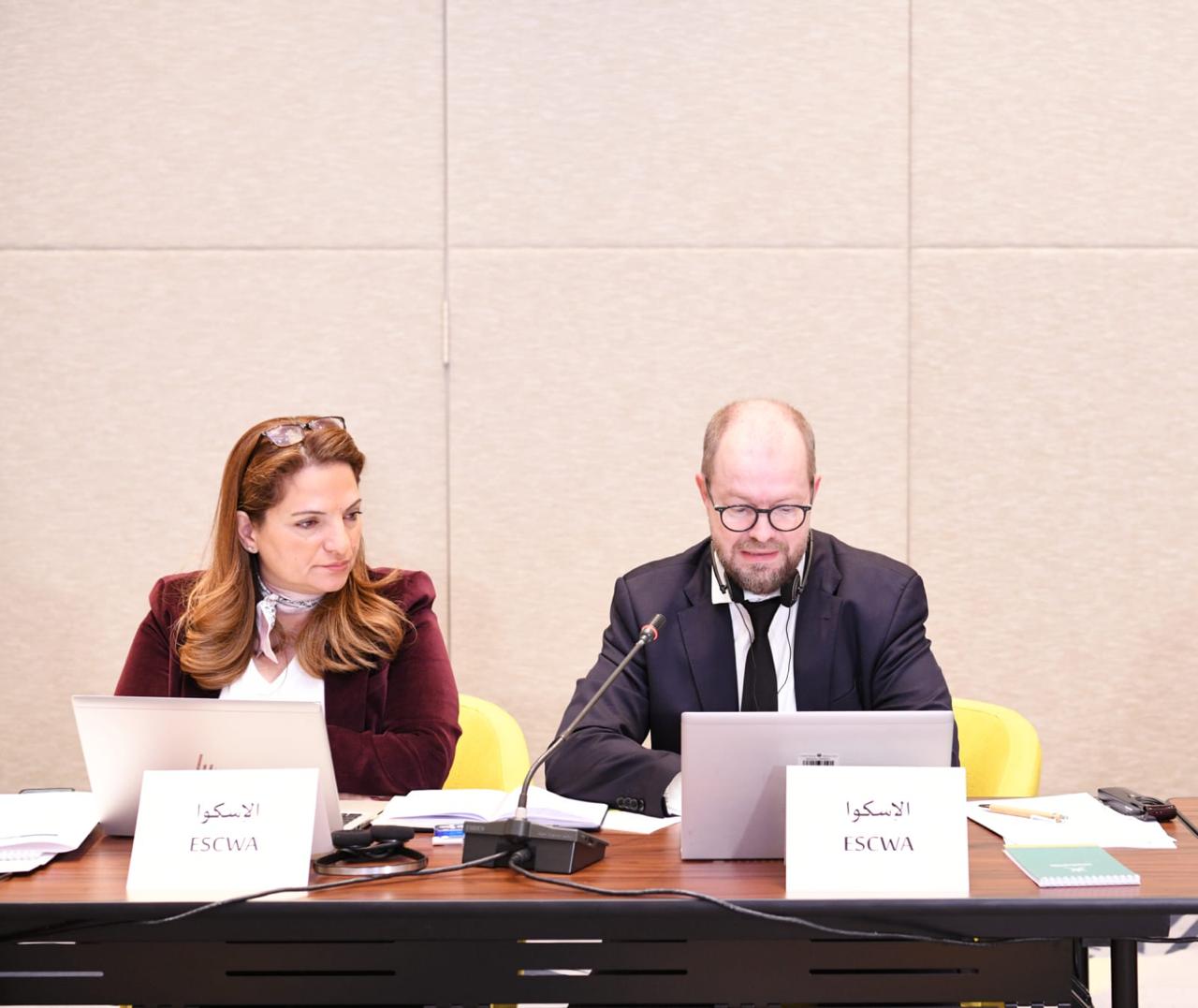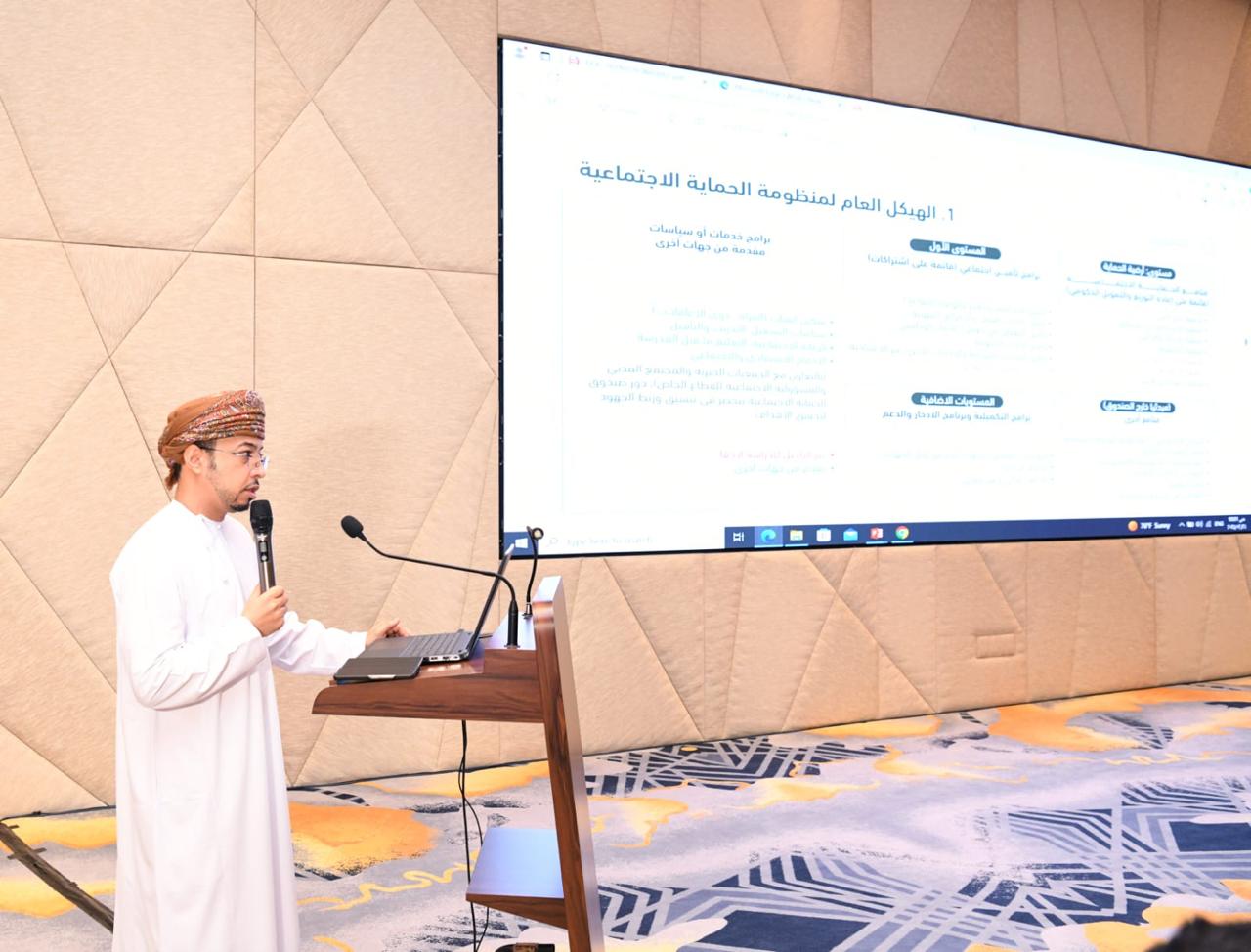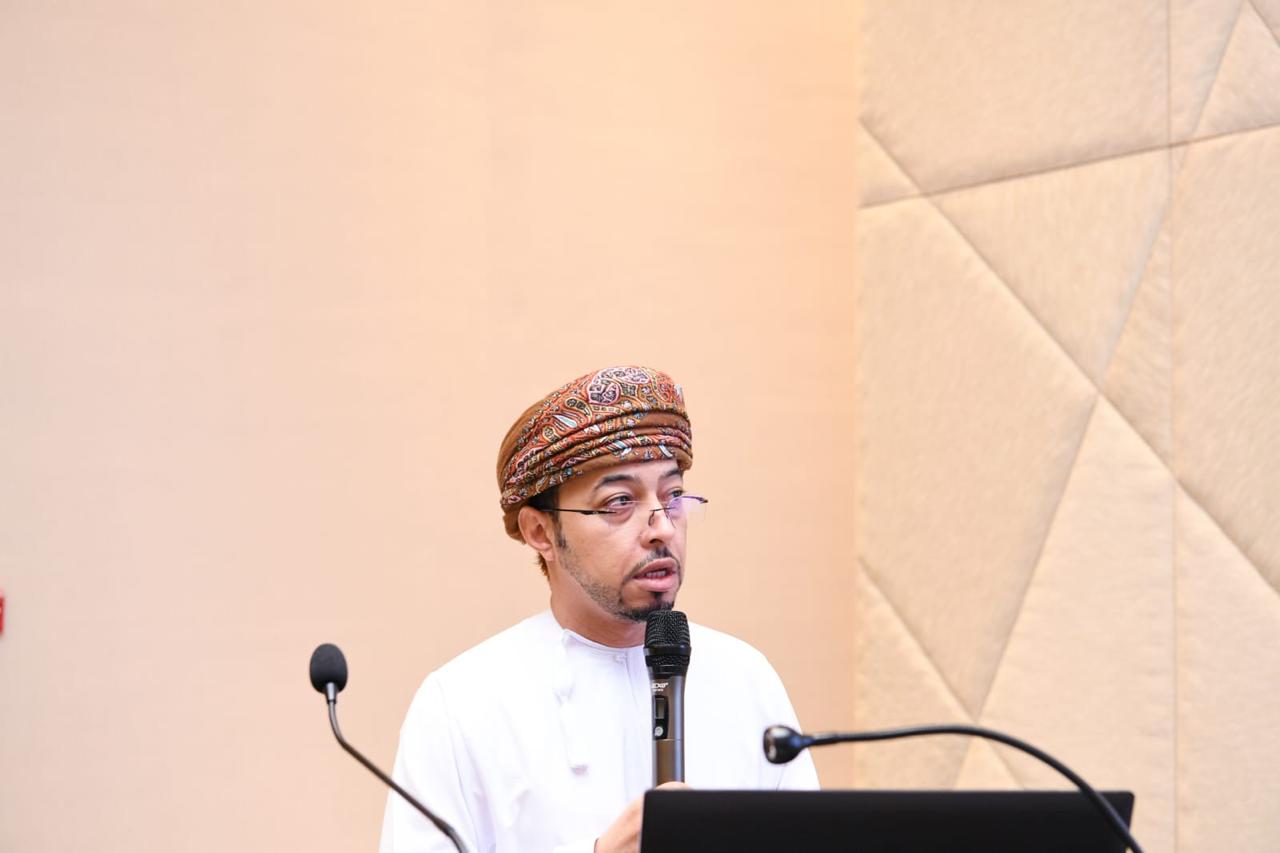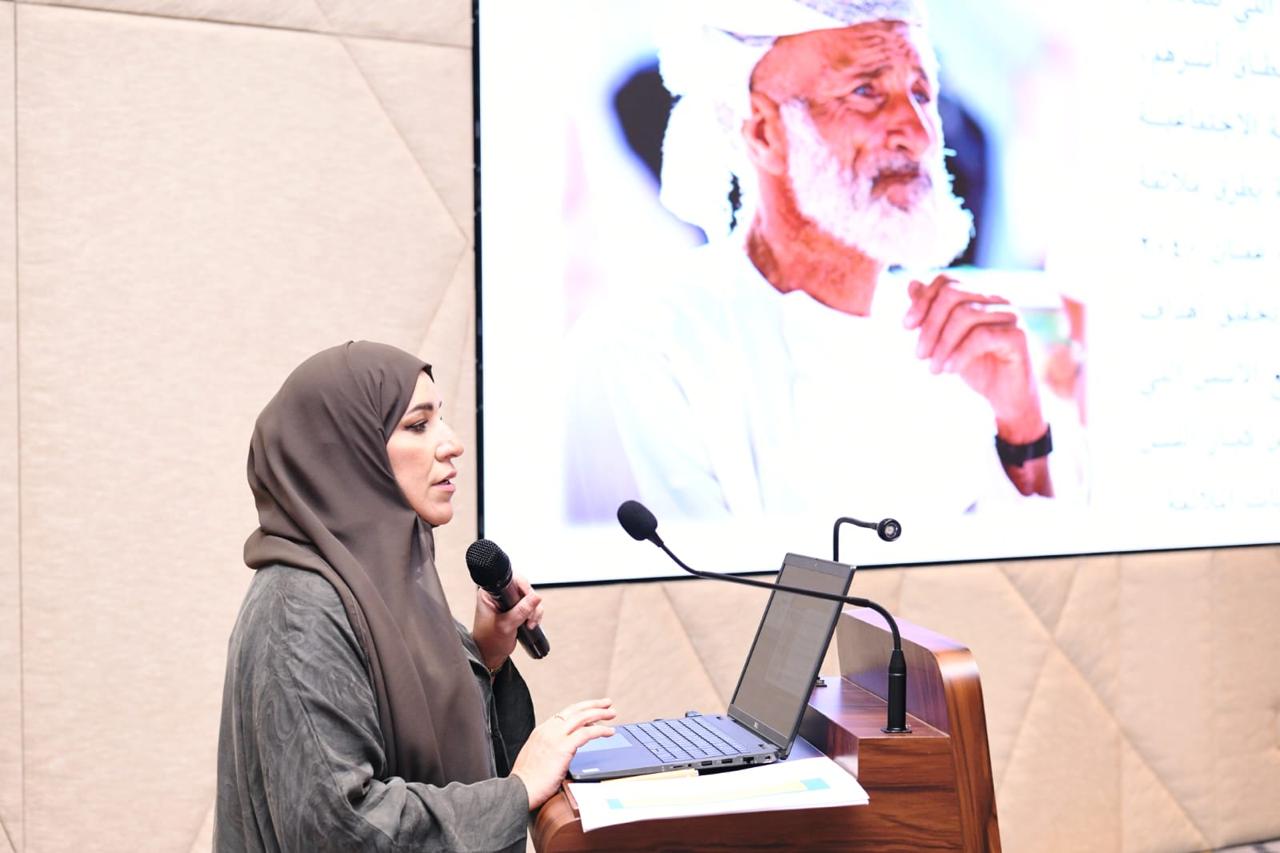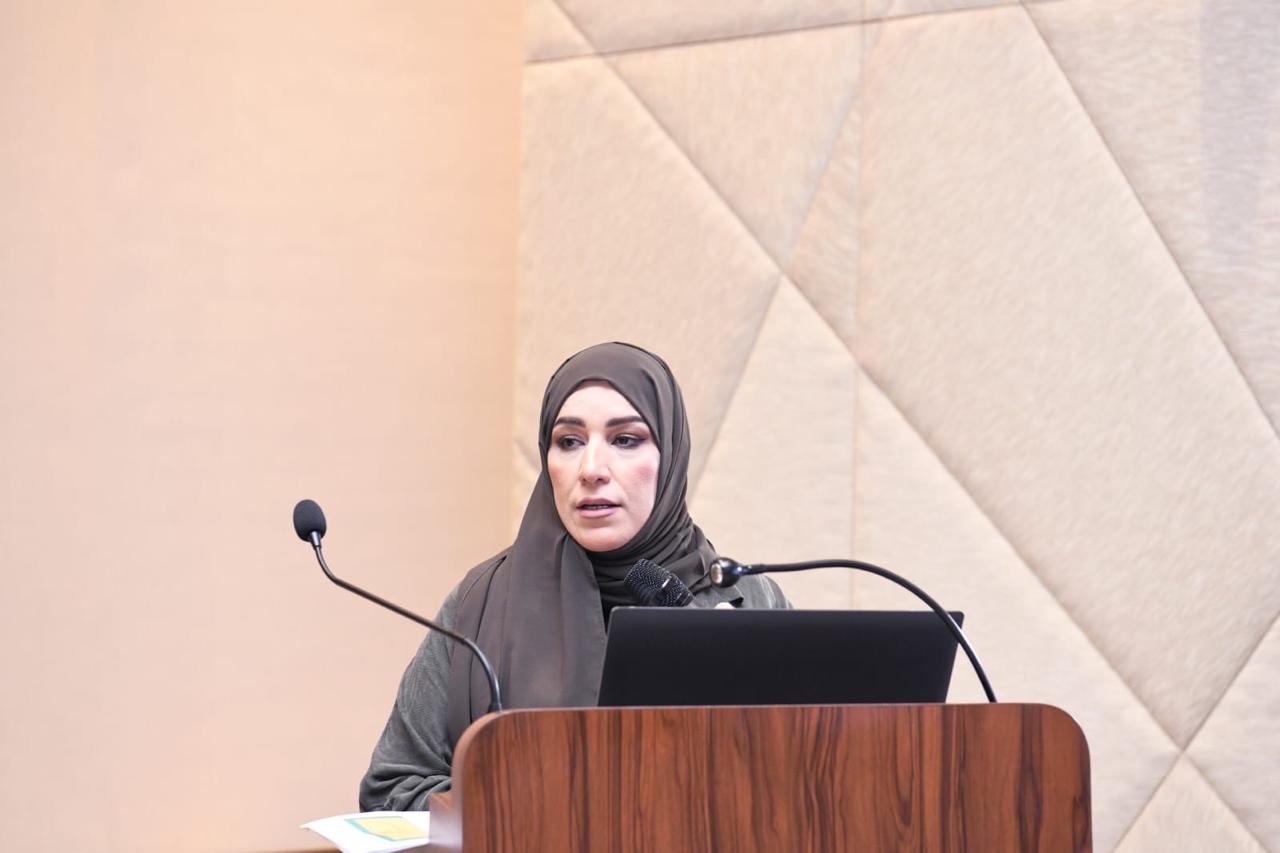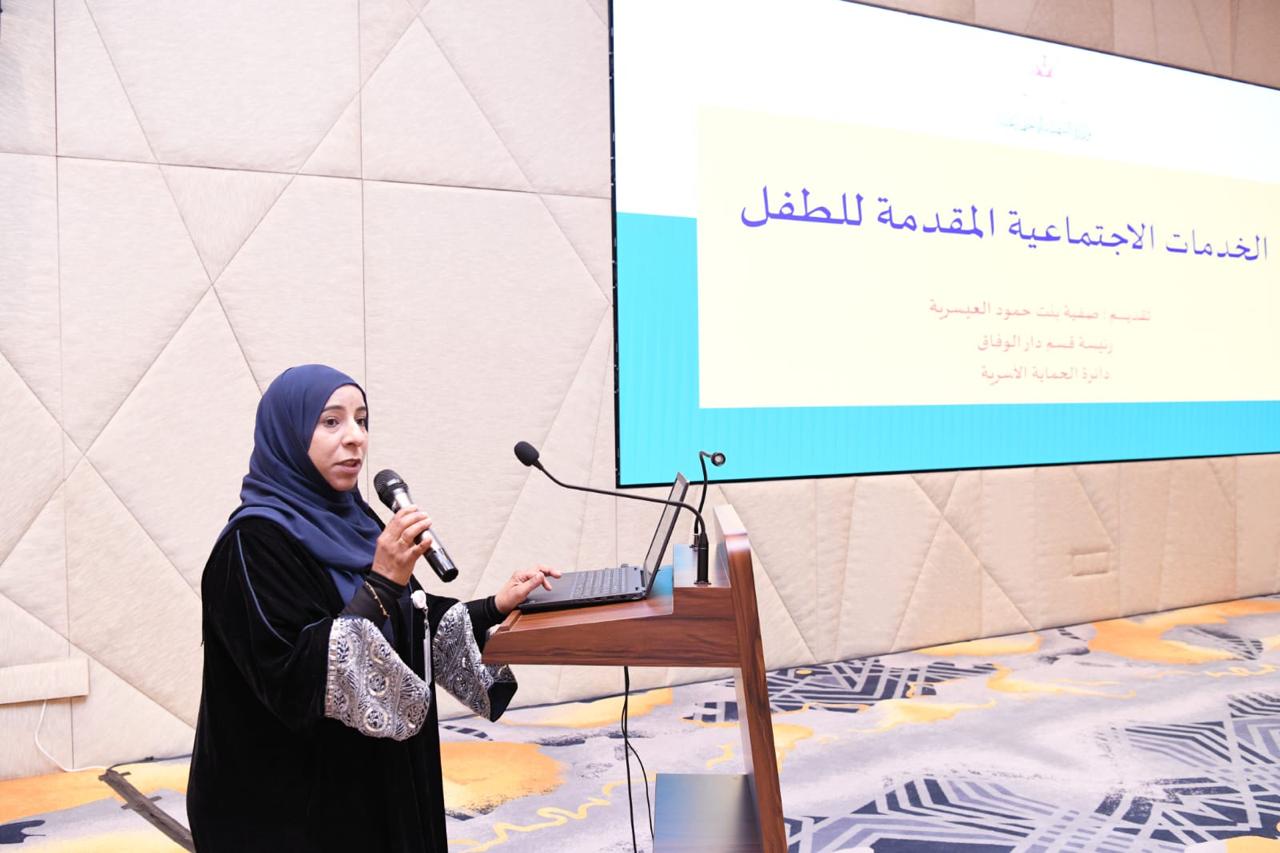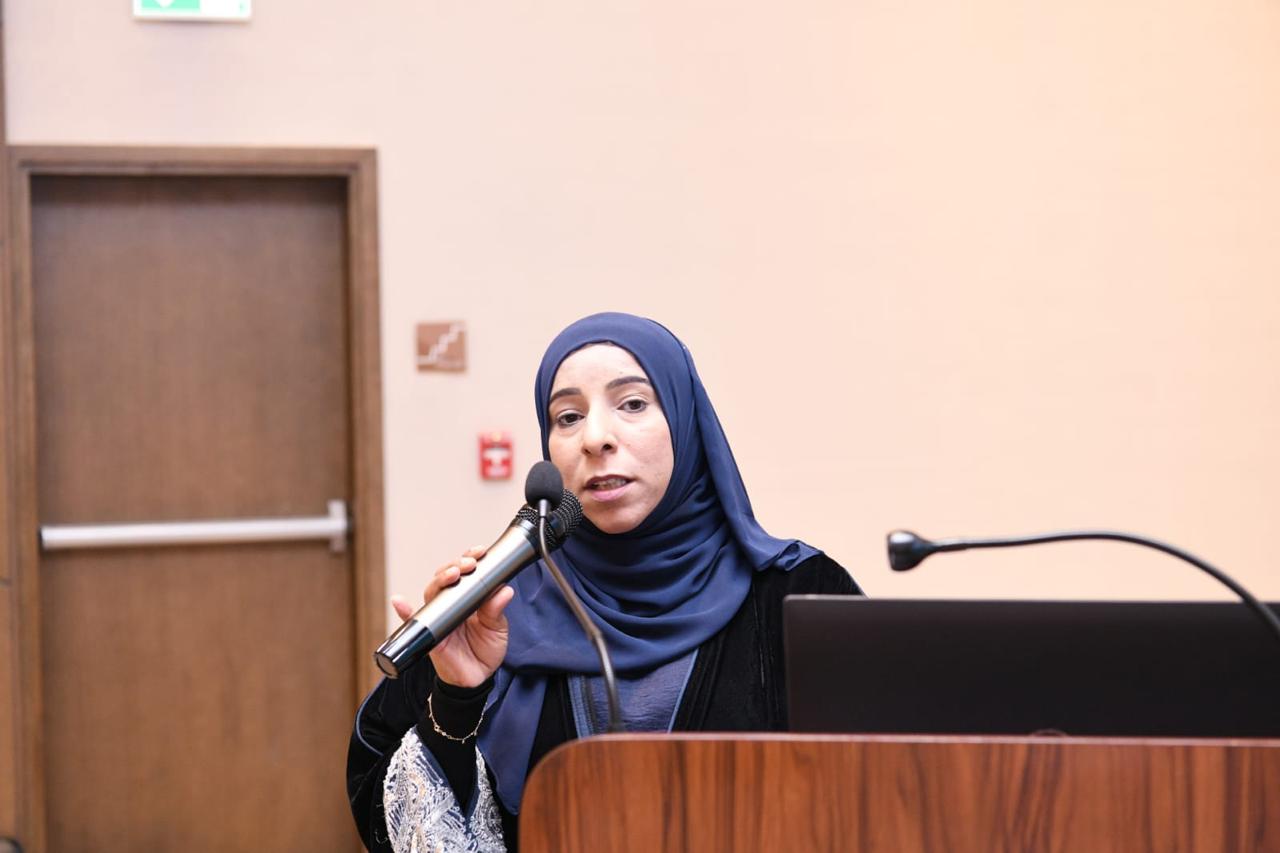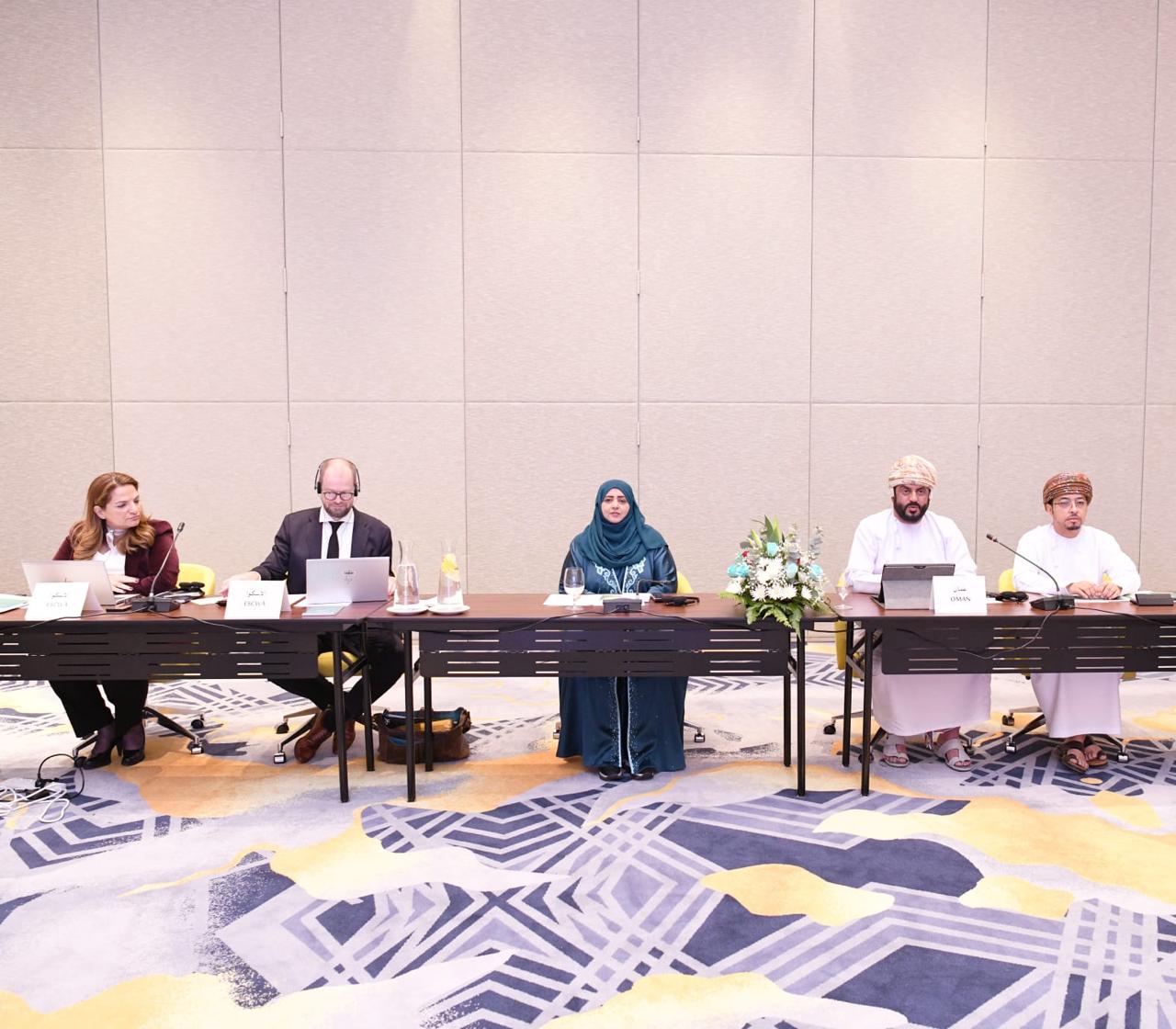The key results of the meeting were as follows:
- The members of EGSPR were briefed on experiences and examples of best practices in the field of graduation from social assistance programs. They showed great interest in the "Bab Amal" experience for graduating the ultra-poor in Egypt and called upon ESCWA to continue providing technical support in this aspect.
- The members of EGSPR praised ESCWA's work and efforts in issuing the Annual Digest of Social Protection Digest in the Arab region and stressed the importance of developing it further to serve as a tool for comparing the performance and impact of reforms undertaken by Arab countries in the field of social protection. They also called for enhanced participation in providing relevant information and updates.
- The members of EGSPR acknowledged the indirect effects of comprehensive social protection systems on the multiplier effects of economy and on economic stability, emphasizing the importance of social protection in achieving economic stability and development.
- The members of EGSPR emphasized the significance of the Comprehensive National Social Protection and Reforms Country Profile Report as a tool to assist countries in studying, analyzing, and financing their social protection programs. They suggested integrating it into ESCWA's regular work program to periodically assist member States in evaluating and developing their national social protection systems, with resulting recommendations being incorporated into broader national development plans and at the regional level.
- The members of EGSPR stressed the urgency of developing the Arab Electronic Platform on Social Protection to focus on social protection issues in the Arab region. They proposed including a special section for the Group’s work as a virtual forum for members to communicate and exchange experiences. This platform was seen as vital for providing comprehensive knowledge on social protection issues in Arabic. They also appreciated ESCWA's continuous interaction via WhatsApp as a virtual meeting point until the development of a dedicated forum.
- The members of EGSPR stressed the importance of field visits during the team's regular meetings to facilitate experience exchange and learning from countries' experiences. Some members expressed their countries' desire to host future team meetings.
